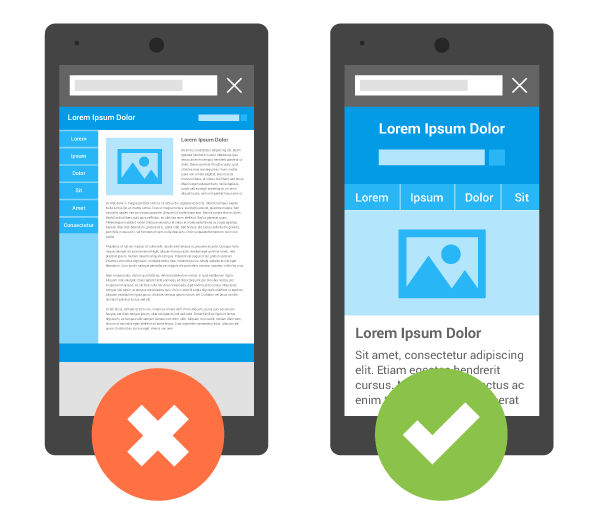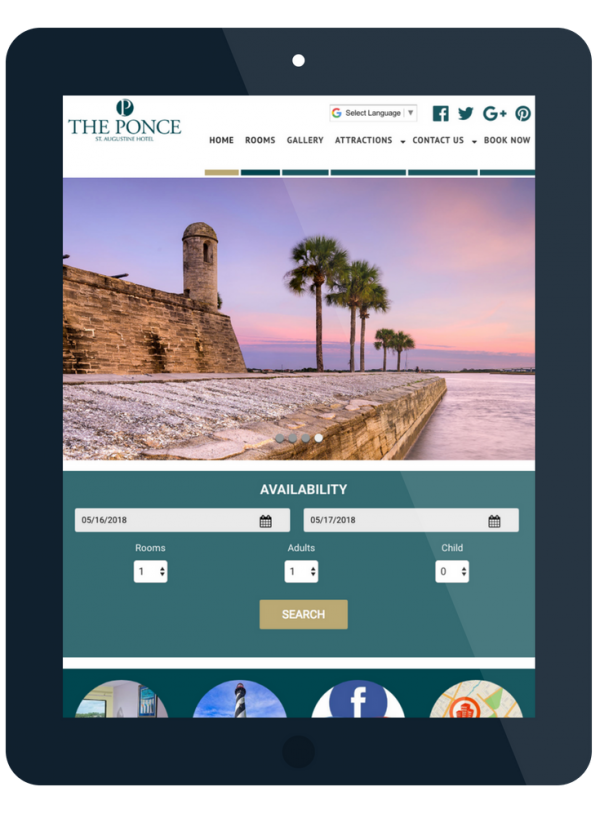Optimize Your Hotel Website for Voice Search

Trends in search are constantly evolving. Today, people are getting more and more used to using voice search from their mobile phones and smart devices to complete tasks and research information. According to Google, 20% of searches in the Google app are completed with voice. We’ll share how you can optimize your hotel website to be found with voice search.
First, it’s important to understand the differences between voice search and traditional search. Of people who own a voice-activated speaker like a Google Home or Amazon Alexa, 53% say it feels natural to talk to it. It’s not surprising then that 70% of requests to Google Assistant are expressed in natural language. Whereas someone may type into a search engine, “hotels in San Diego,” a person using a voice assistant may ask, “where should I stay tonight in San Diego?”
Voice searches are most common when using mobile devices and smart home devices. In order to be chosen by Google as a result for verbal searches, you need to optimize your hotel website for mobile and voice search. To get found in voice search you need:
- A responsive, mobile-friendly website
- Accurate contact information, consistent across websites
- Easy-to-navigate website experience with clear calls to action
Responsive Mobile-Friendly Website
A mobile-friendly website is easy to use on a phone or tablet. This means that webpages resize to fit your device in a way that is easy to read and use. Generally, sections that are usually side-by-side on a website will instead stack in a single column and text and photos will resize to be readable on a small screen. Here’s an example from Google:

You can check your website using Google’s Mobile-Friendly Test. If your website is not mobile friendly, then it simply will not rank as highly. By having a website that does not adapt to different devices, you will have less website traffic and you’ll receive fewer direct bookings.
Accurate Information
The top goal of search engines like Google is to provide searchers with the best information to answer their queries. That’s why it’s vital that your website’s information including your name, phone number, and address are correct and consistent. If your website includes an 800-number but your Yelp lists a local number, there may be doubt about the accuracy of the information.
Whether it’s on social media, OTA profiles, or online directories like the Yellow Pages, it is important that your listing information matches exactly. That way, if someone asks their device to “find hotels near me,” a person will be able to find your listing, tap your phone number to call, and get directions to your hotel all in one search.

Action-Driven Website
A website needs to meet the needs of a shopper on every step of their journey. Some people come to your website when they’re at the early stages of considering a tip. Others are comparing you to other hotels and want to learn more about your rooms, amenities, and location. And some may have found you on an OTA, but want to find out if it’s cheaper to book directly.
To help your website visitors convert, you can set up your website to be easy to navigate. Always make it easy to find your booking engine (for our hotel clients, we include it at the top of every page). Create menus for the most-sought-after information, such as your photo gallery, room types, amenities, and nearby attractions.
The Future of Search
ComScore predicts that 50% of all searches will be voice by 2020. Now is the time to optimize your hotel website so that you can be there when people are searching for accommodations using voice search. Get started by creating a mobile-friendly website and optimizing your hotel website online.
Sources:
https://www.thinkwithgoogle.com/data-gallery/detail/google-app-voice-search/
https://www.thinkwithgoogle.com/data-gallery/detail/voice-assistance-friend/
https://www.branded3.com/blog/voice-search/






0 Comments